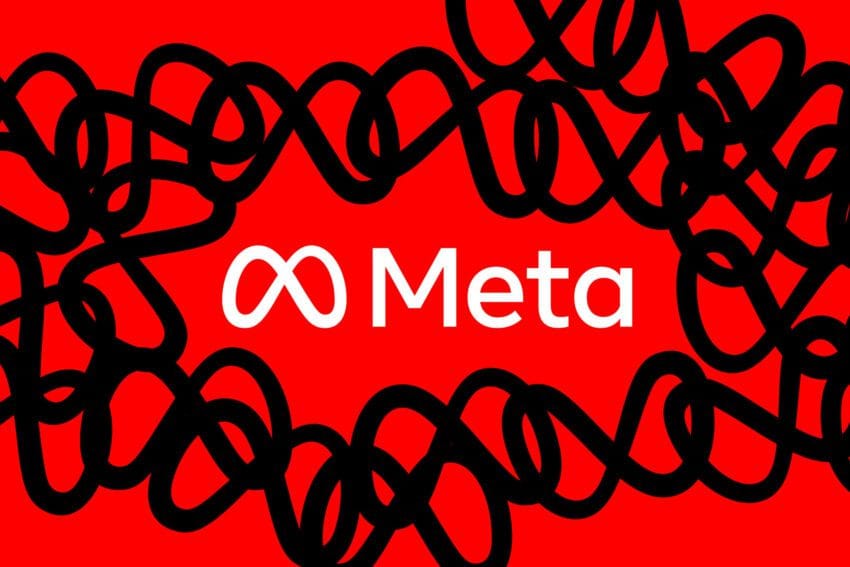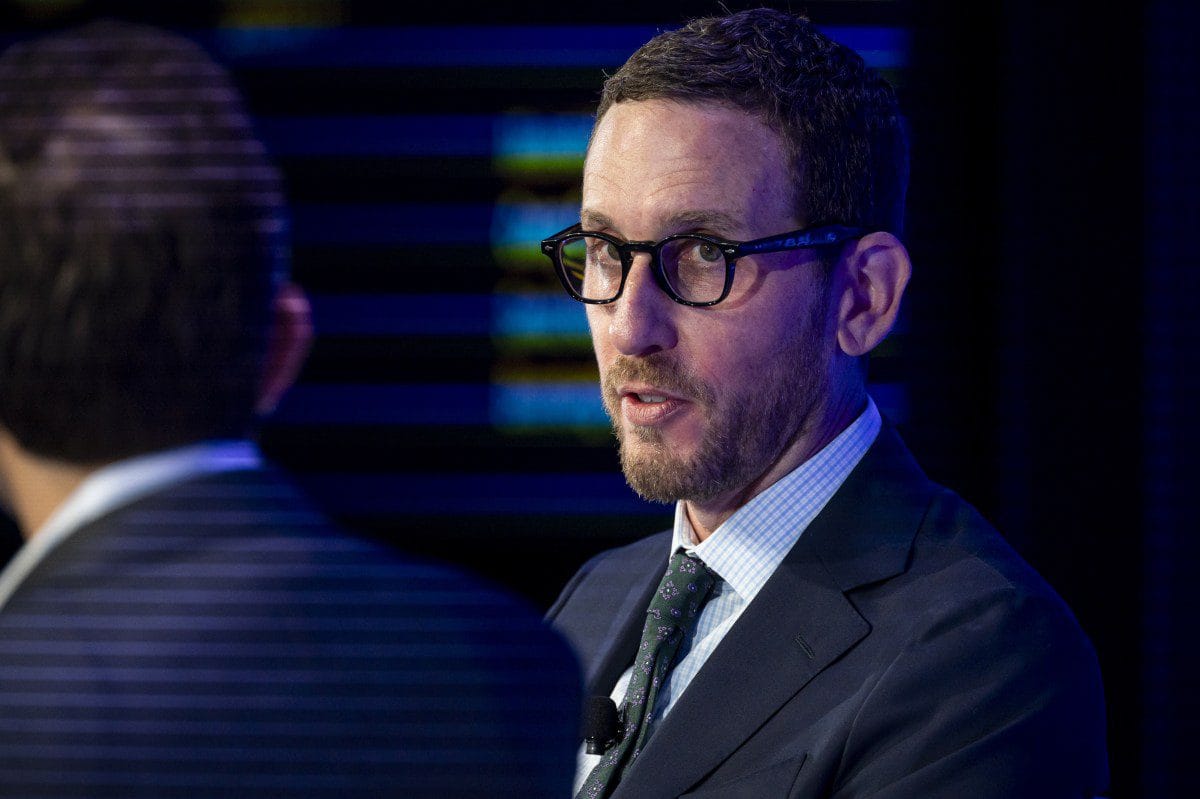
meta curbed research about vr safety risks A new group of whistleblowers are coming forward to allege that Meta is restricting research into how its virtual reality offerings could negatively impact kids and teens, The Washington Post reports.
meta curbed research about vr safety risks
Background on Meta’s Virtual Reality Initiatives
Meta Platforms, Inc., formerly known as Facebook, has invested heavily in virtual reality (VR) technologies, particularly through its Reality Labs division. The company envisions a future where VR and augmented reality (AR) play a central role in social interaction, gaming, and education. With products like the Oculus Quest series and the Horizon Worlds platform, Meta aims to create immersive experiences that can engage users in new ways.
However, as Meta expands its VR offerings, concerns have grown regarding the safety and well-being of younger users. The immersive nature of VR can pose unique risks, including exposure to inappropriate content, cyberbullying, and psychological effects that are not yet fully understood. These concerns have prompted calls for more rigorous research into the potential impacts of VR on children and teens.
Whistleblower Allegations
The recent allegations from a group of four current and former Meta employees suggest that the company has actively sought to limit research into these critical safety issues. According to The Washington Post, these whistleblowers claim that following the disclosures made by Frances Haugen, another former employee who leaked internal documents to Congress, Meta’s legal team began to scrutinize and sometimes veto research related to VR and youth safety.
Frances Haugen’s Impact
Frances Haugen’s revelations in 2021 shed light on the internal workings of Meta and raised significant questions about the company’s commitment to user safety. Her disclosures included documents that indicated Meta was aware of the harmful effects its platforms could have on users, particularly teenagers. Haugen’s testimony before Congress highlighted the need for greater accountability and transparency in how tech companies handle user safety.
In the wake of Haugen’s disclosures, the new group of whistleblowers claims that Meta’s legal team has taken a more aggressive stance in controlling the narrative around VR safety research. They allege that the company is prioritizing its public image over the well-being of its younger users.
Legal Representation and Support
The whistleblowers are being represented by Whistleblower Aid, a nonprofit organization that has previously worked with Haugen. This organization provides legal support to individuals who expose wrongdoing within their companies. Their involvement underscores the seriousness of the allegations and the potential implications for Meta.
Meta’s Response
In response to the allegations, Meta spokesperson Dani Lever issued a statement asserting that the claims are unfounded. Lever characterized the allegations as a collection of examples “stitched together to fit a predetermined and false narrative.” She emphasized that since the beginning of 2022, Meta has approved nearly 180 studies related to social issues, including youth safety and well-being.
Lever also highlighted that the research conducted by Meta has led to significant product updates, including the introduction of parental supervision tools designed to enhance the safety of younger users on its platforms. She reiterated that Meta’s VR devices are intended for users aged 13 and older, suggesting that the company is taking steps to ensure age-appropriate usage.
Implications for Youth Safety
The allegations from the whistleblowers raise important questions about the responsibilities of tech companies in safeguarding young users. As VR technology becomes more prevalent, the potential for negative impacts on children and teens cannot be overlooked. The immersive nature of VR can lead to experiences that are difficult for young users to process, and the long-term effects of such exposure remain largely unknown.
Furthermore, the concerns raised by the whistleblowers highlight a broader issue within the tech industry: the tension between innovation and user safety. Companies often prioritize rapid development and market expansion, which can lead to oversight regarding the potential risks associated with their products. This situation is particularly concerning in the case of VR, where the stakes are high due to the vulnerability of younger users.
Senate Judiciary Committee Hearing
The allegations against Meta are expected to take center stage at an upcoming Senate Judiciary Committee hearing titled “Hidden Harms: Examining Whistleblower Allegations that Meta Buried Child Safety Research.” This hearing will provide a platform for lawmakers to scrutinize Meta’s practices and demand accountability regarding its approach to youth safety.
Three Republican members of the committee have already expressed their concerns and requested additional information from Meta regarding its protections for children and teens on the Horizon Worlds platform. This inquiry reflects a growing recognition among lawmakers of the need for greater oversight of tech companies, particularly as they develop products that cater to younger audiences.
Potential Legislative Actions
The Senate hearing could pave the way for potential legislative actions aimed at enhancing protections for young users in digital environments. Lawmakers may consider measures that require tech companies to conduct independent safety assessments before launching products aimed at children and teens. Additionally, there may be calls for stricter regulations regarding content moderation and user safety protocols on platforms like Horizon Worlds.
As the discussion surrounding youth safety in VR continues to evolve, it is essential for stakeholders—including parents, educators, and policymakers—to engage in dialogue about the implications of these technologies. The involvement of whistleblowers in bringing these issues to light is a crucial step in holding companies accountable for their practices.
Stakeholder Reactions
The reactions to these allegations have been varied. Advocacy groups focused on child safety have welcomed the whistleblowers’ disclosures, viewing them as a necessary step toward greater accountability in the tech industry. These organizations argue that companies like Meta must prioritize the safety and well-being of their users, particularly when it comes to vulnerable populations like children and teenagers.
On the other hand, some industry experts caution against jumping to conclusions based solely on whistleblower accounts. They argue that while it is essential to investigate these claims, it is equally important to consider the broader context in which tech companies operate. The rapid pace of technological advancement often complicates the regulatory landscape, making it challenging for companies to navigate safety concerns while also fostering innovation.
Conclusion
The allegations made by the new group of whistleblowers against Meta highlight significant concerns regarding the company’s commitment to youth safety in its virtual reality offerings. As the Senate Judiciary Committee prepares to examine these claims, the implications for Meta and the broader tech industry are profound. The outcome of this inquiry could shape the future of how tech companies approach user safety, particularly for younger audiences.
As discussions around VR technology and its impact on children continue, it is crucial for all stakeholders to remain vigilant and engaged. The responsibility to protect young users lies not only with tech companies but also with parents, educators, and lawmakers who must work together to ensure that the digital environments children inhabit are safe and conducive to healthy development.
Source: Original report
Was this helpful?
Last Modified: September 8, 2025 at 9:35 pm
0 views















